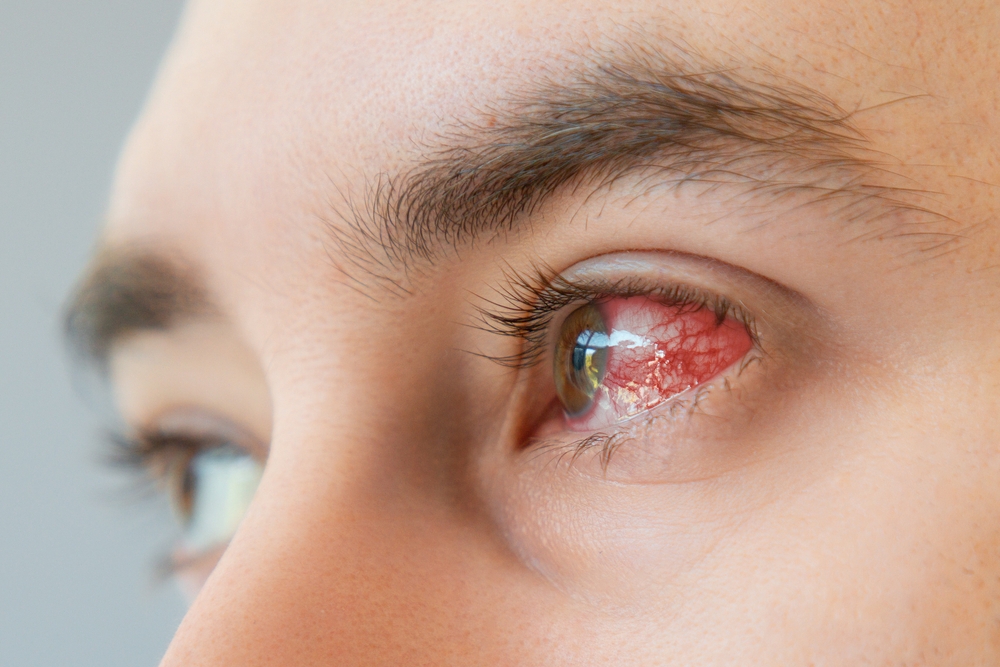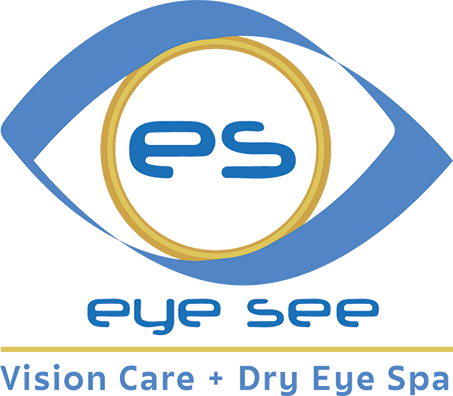
Your eyes are delicate and highly sensitive, and even a minor irritation or infection can significantly impact your vision. One condition that deserves attention is corneal keratitis. At Eye See Optical in Bethesda, we believe that early recognition and treatment are key to protecting your eye health.
What Is Corneal Keratitis?
Corneal keratitis is an inflammation of the cornea - the clear, dome-shaped surface that covers the front part of the eye. This condition can be caused by infections (bacterial, viral, fungal, or parasitic), trauma such as a scratch or improper contact lens use, exposure to contaminated water or chemicals, or underlying conditions like chronic dry eye disease.
The Link Between Dry Eye and Keratitis
Dry eye syndrome is a common condition where the eyes do not produce enough tears or the tears evaporate too quickly. This lack of adequate lubrication can damage the corneal surface, making it more vulnerable to irritation and infection, which can lead to keratitis. If left untreated, dry eye-related keratitis can cause discomfort, blurred vision, and even scarring of the cornea.
Common Symptoms of Corneal Keratitis
Recognizing the symptoms of corneal keratitis early can help prevent complications. Common signs include:
Redness and eye irritation
Eye pain or discomfort
Excessive tearing or discharge
Blurry or reduced vision
Sensitivity to light
A feeling of something “in the eye”
If you’re experiencing any of these symptoms, it’s important to seek care as soon as possible.
Causes and Risk Factors
There are several causes of corneal keratitis, including:
Contact lens misuse (sleeping in lenses, not disinfecting properly)
Eye injuries or foreign objects in the eye
Contaminated water exposure (swimming in lakes, hot tubs)
Immune system disorders that affect the eye’s natural defenses
Untreated dry eye disease and meibomian gland dysfunction (MGD)
People who wear contact lenses are at particularly high risk, especially if lenses are worn for extended periods or not cleaned correctly.
How Corneal Keratitis Is Diagnosed and Treated
At Eye See Optical, we use advanced diagnostic tools to evaluate the health of your cornea and identify the underlying cause of inflammation. A slit lamp examination helps us inspect the surface of the eye in detail, and in some cases, we may take a corneal sample to determine the exact type of infection.
Treatment varies depending on the cause:
Bacterial keratitis: Treated with antibiotic eye drops
Viral keratitis: Requires antiviral medications
Fungal keratitis: Managed with antifungal drops or oral meds
Dry eye-related keratitis: Treated by addressing the root cause of dryness
For dry eye, treatment may include:
Amniotic membrane therapy: A biologic treatment that promotes corneal healing and reduces inflammation
Intense Pulsed Light (IPL) or Radiofrequency (RF) therapy: These treatments improve meibomian gland function, restore tear film balance, and help reduce inflammation
Prescription eye drops, punctal plugs, and lifestyle changes may also be recommended
In advanced cases of keratitis, corticosteroids may be used cautiously, or surgical interventions like a corneal transplant may be necessary.
How to Prevent Corneal Keratitis
Prevention is key to maintaining healthy eyes. Tips include:
Always wash hands before handling contact lenses
Never sleep in contact lenses unless prescribed
Replace lenses and cases as directed
Avoid swimming or showering with contact lenses
Treat dry eye symptoms early to prevent corneal damage
Schedule regular comprehensive eye exams
Schedule Your Eye Exam with Eye See Optical Today
Corneal keratitis is a serious condition that can significantly affect your vision if not addressed promptly. Whether it's caused by infection, trauma, or underlying dry eye disease, proper diagnosis and treatment are essential for recovery and long-term eye health.
If you're experiencing symptoms of corneal keratitis or dry eye, contact Eye See Optical to schedule a comprehensive eye exam for personalized care. Visit our office in Kensington, Maryland, or call (301) 881-6232 to book an appointment today.








